SA Real Estate Recruitment in 2025: Challenges & Opportunities
As the South Australian property market continues to evolve, the landscape for real estate recruitment is also undergoing major transformation. With the unemployment rate in South Australia dropping to 4% in February 2025—matching the national average—and a record 20,000 more people employed over the previous month, it’s clear that confidence in employment is strong. However, despite this, job ad volumes in the state fell by 4.4% in February, following a traditionally busy January, indicating a stabilising yet competitive recruitment environment.
Within the property and real estate sector specifically, job ads were down only 0.9% in February versus January, showing resilience and consistent demand. Several roles stand out as being particularly in demand in 2025: residential and commercial property managers, registered conveyancers, and tenancy officers in the community housing space. Employers are responding to this demand by enhancing their offerings—higher salaries, flexible work conditions, and development opportunities—making this a prime time for job seekers in real estate.
But what are the real challenges and opportunities behind the scenes? In a recent episode of The Property Edge, Peta Seaman, Managing Director of Edge Recruitment, sat down with Emma Slape, CEO of Turner Real Estate and board member of the Real Estate Institute of South Australia, to dig deeper into these topics and what they mean for recruitment moving forward.
In Conversation: Real Estate Hiring Trends and Culture
Running one of Adelaide’s largest real estate agencies with over 70 staff, Emma Slape offered valuable insights into the evolving recruitment challenges and opportunities in real estate. One of the key points raised was the shift in administrative needs and the increasing importance of finding candidates with both technological proficiency and cultural alignment.
“Getting the right people in admin is really, really crucial,” Emma explained. “Salaries in real estate probably aren’t always as high as they are in the public sector, so you’ve got to find people that are genuinely passionate about what they do.”
Emma highlighted that at Turner Real Estate, the recruitment strategy often includes hiring junior staff with the intent to train them internally. These junior team members, often referred to as Property Management Assistants, are nurtured into more senior roles—a model that allows the agency to shape talent from the ground up while fostering a strong team culture.
Team fit and resilience are essential traits Emma looks for during the hiring process. “We can train skills… but I’ve got to have people that are willing to work in a big team, take direction, and be receptive to change,” she said.
Emma also noted how the COVID-19 pandemic shifted career perspectives across industries and brought about new expectations. In property management, this led to a reduction in available talent and a need for stronger relationship-building capabilities. “We can’t replace the relationship with AI,” she said. “But a really good relationship manager can use technology to their advantage.”
Recent market changes—such as cost-of-living pressures and hybrid working expectations—have added more complexity to the job. Emma explained how Turner Real Estate has adopted structured remote work options, allowing up to two days of work-from-home per week depending on the role. “Twelve months after we did that permanently, some people mentioned in their reviews how much that had meant to them—how the dog got walked more or they felt they had more time,” she shared.
This flexibility has not only improved employee well-being but also led to unexpected benefits. “We’re seeing a few more tenants at home when we drop by, and that’s a great opportunity to build relationships with our clients.”
Looking ahead, Emma sees the biggest opportunity in offering flexibility and embracing cloud-based systems to attract top talent. “Real estate can be flexible,” she noted. “You’ve got to put the work in… but it can actually be a better balance than we’ve ever been able to provide before.”
Staying Competitive: How Real Estate Agencies in SA Can Attract and Retain Top Talent
So, what can real estate agencies do to stay ahead in this competitive recruitment landscape? Here are a few key takeaways:
- Prioritise Cultural Fit:
Skills can be taught, but attitude and alignment with company values are harder to instill. Building a team that collaborates, adapts, and supports each other should be the priority during recruitment.
- Invest in Training and Internal Growth: Offering clear development pathways helps retain staff and ensures a steady pipeline of talent. Promoting from within also boosts morale and reinforces loyalty.
- Offer Structured Flexibility:
While not all roles can be flexible, where possible, allowing hybrid work options can significantly improve work-life balance. Set clear guidelines to maintain productivity and team cohesion.
- Strengthen Tech Capability While Retaining the Human Touch:
Leverage cloud-based systems and smart technology but never underestimate the importance of personal relationships in real estate. Training staff to balance both is key.
- Create Entry-Level Pathways: Developing roles like Property Management Assistants helps bring new talent into the industry while allowing agencies to mentor and mould future leaders.
- Promote Your Employer Brand: Candidates are seeking workplaces that offer more than just a salary. Showcase your culture, flexibility, growth opportunities, and team success stories across your channels.
With rising demand across the property sector and a stabilised yet competitive job market, agencies that adapt, nurture talent, and offer flexibility will be the ones to thrive. As Emma so aptly put it, “If you make it work for your lifestyle, it can actually be a better balance than we’ve ever been able to provide before.”














